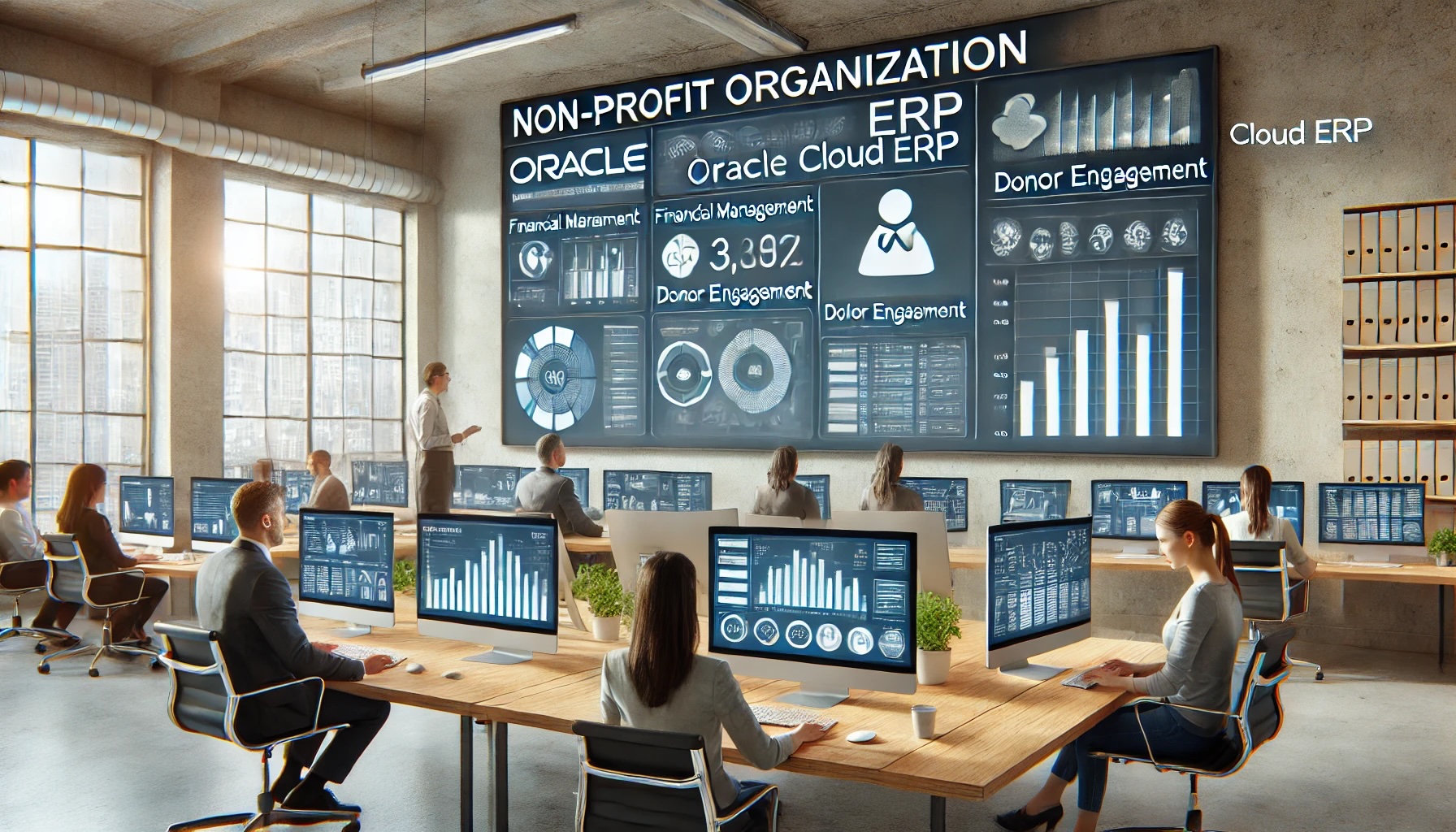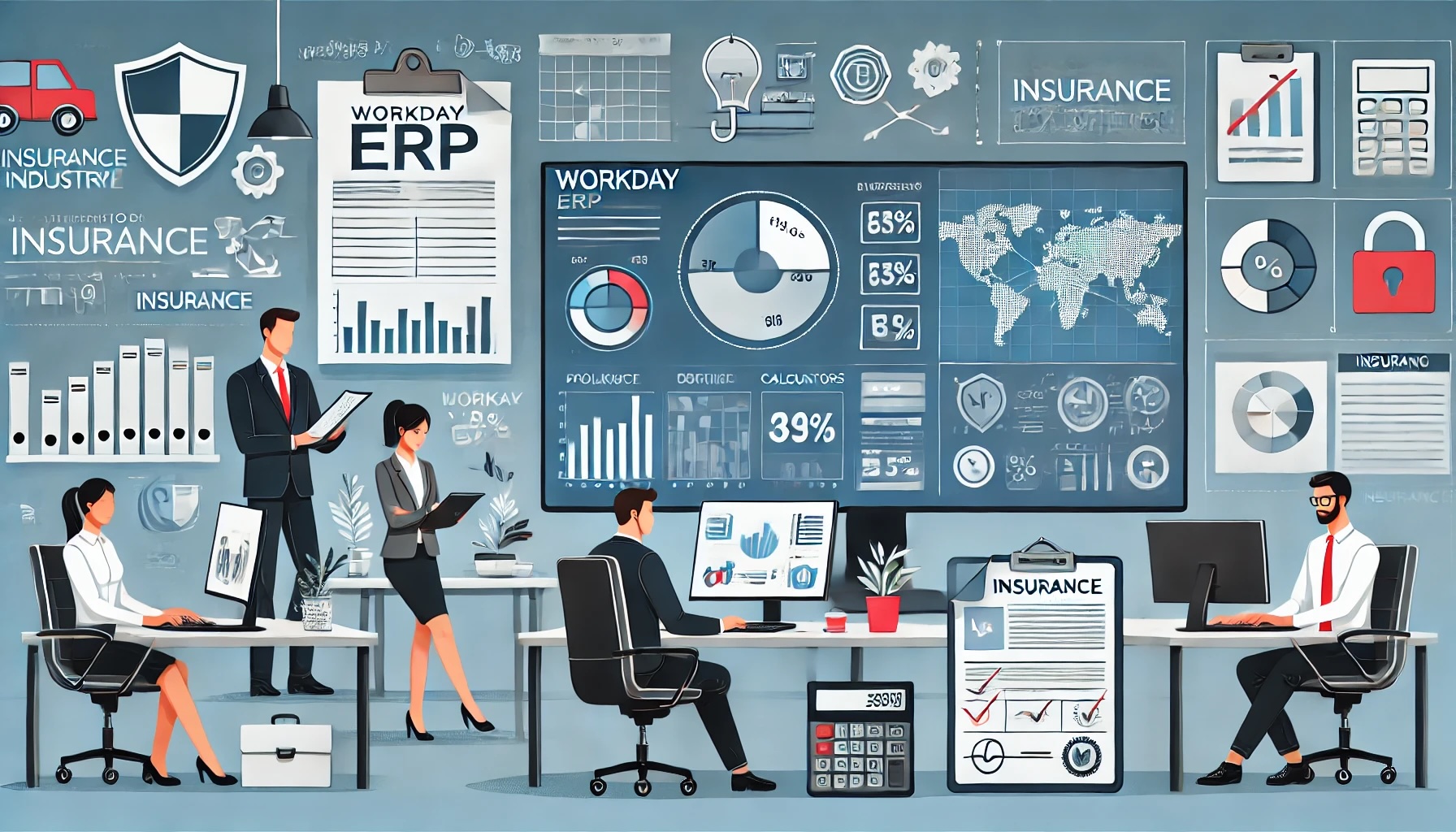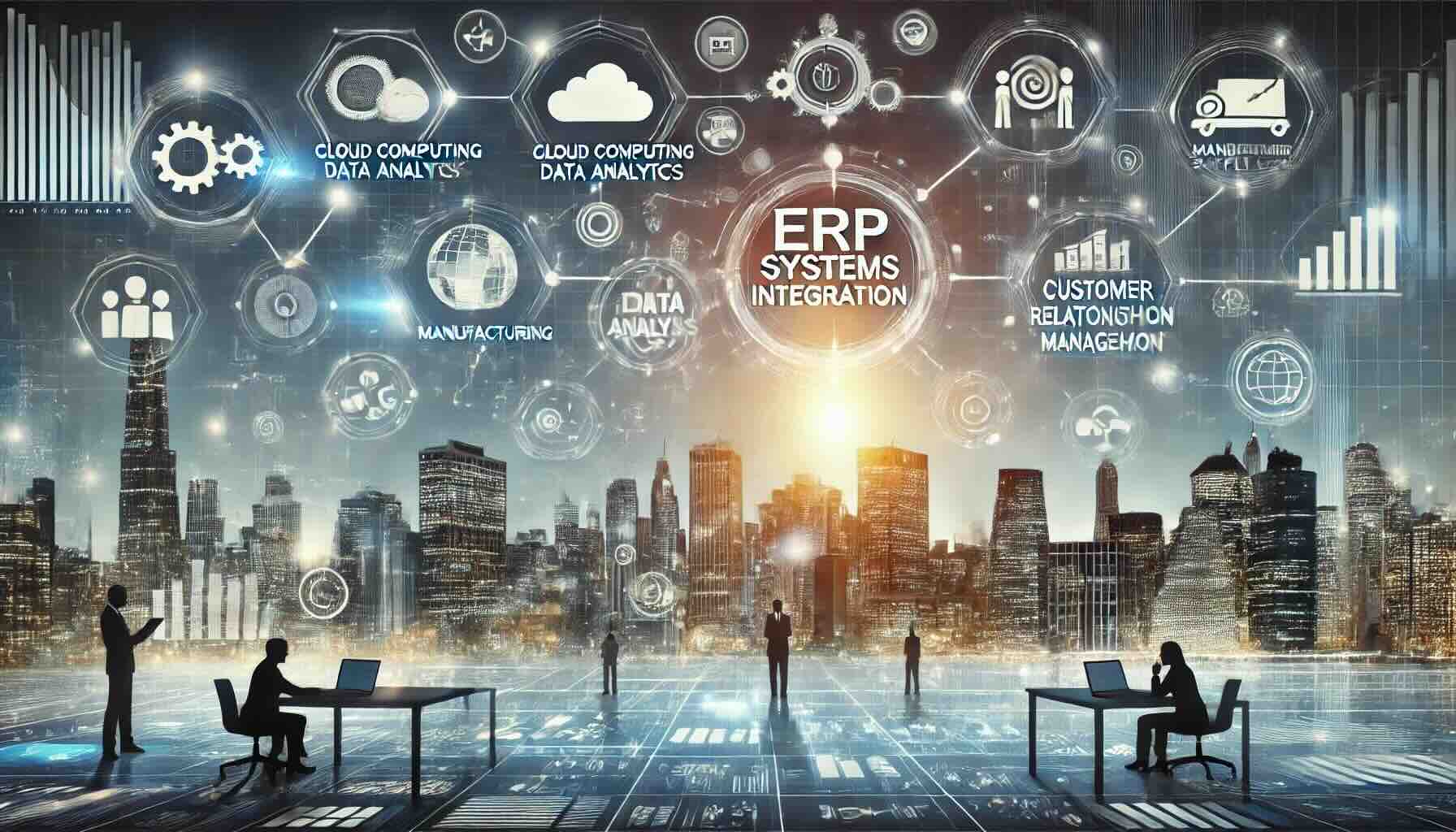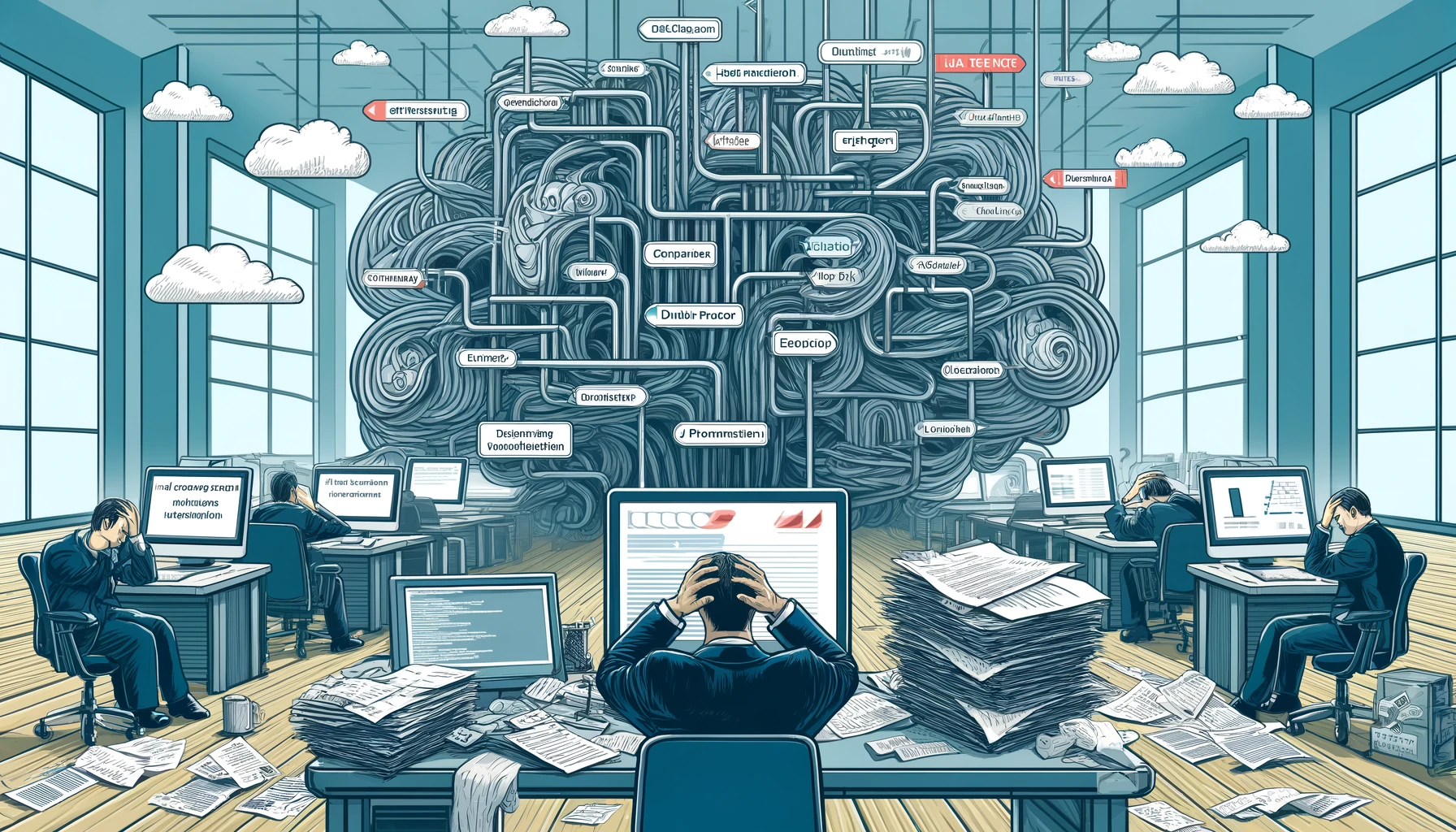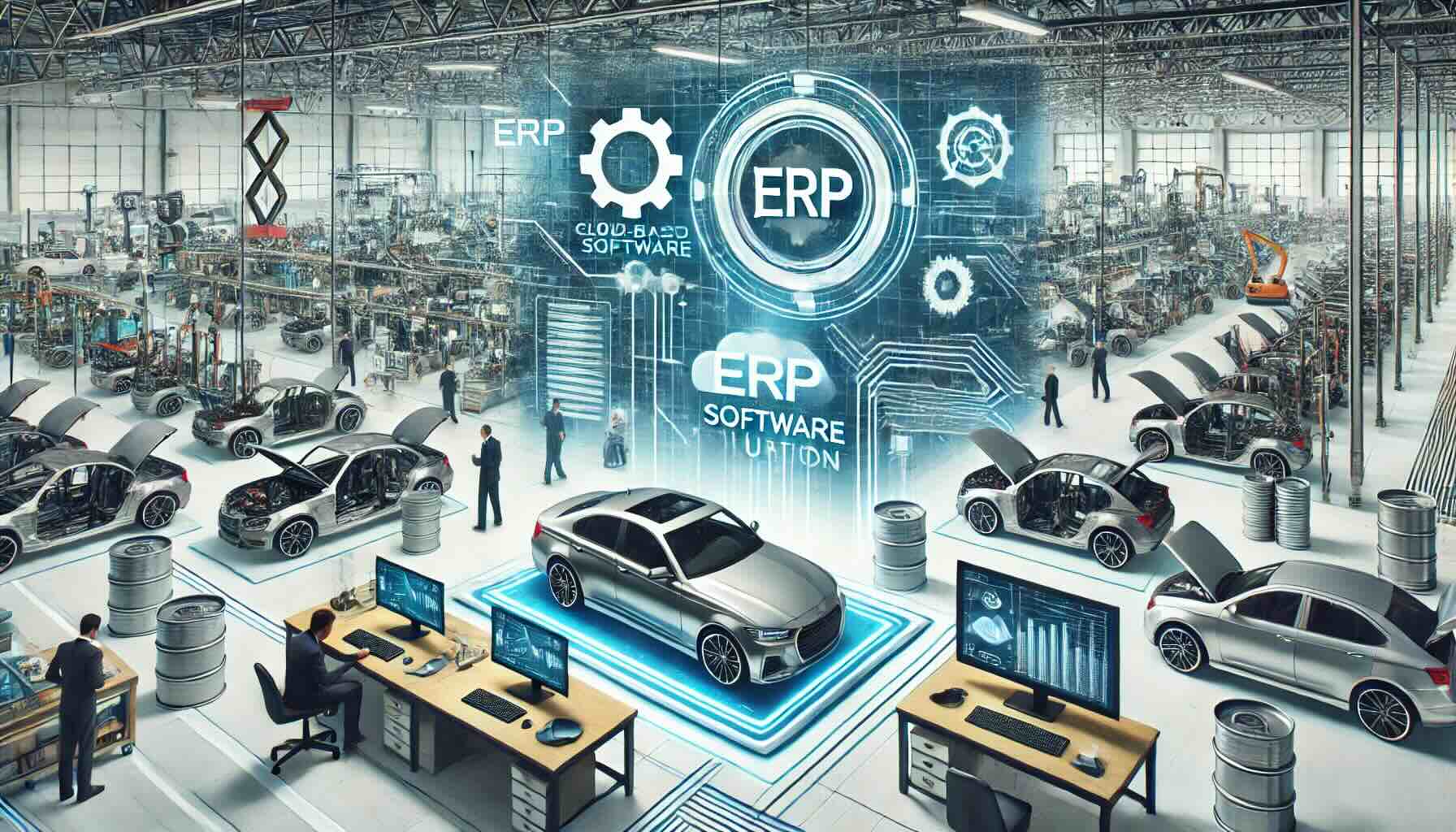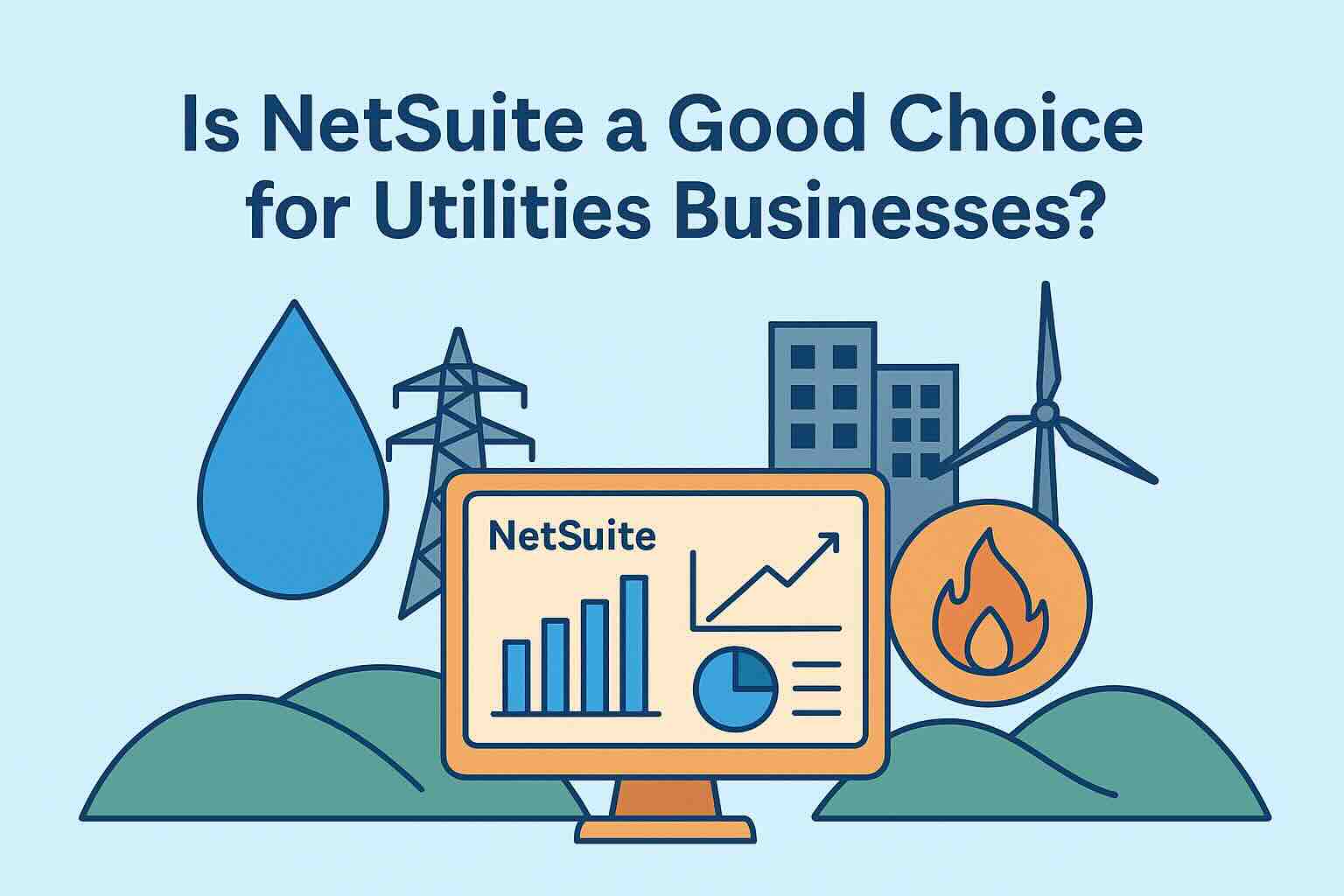ERP Software Comparison: Find the Best ERP for Your Business
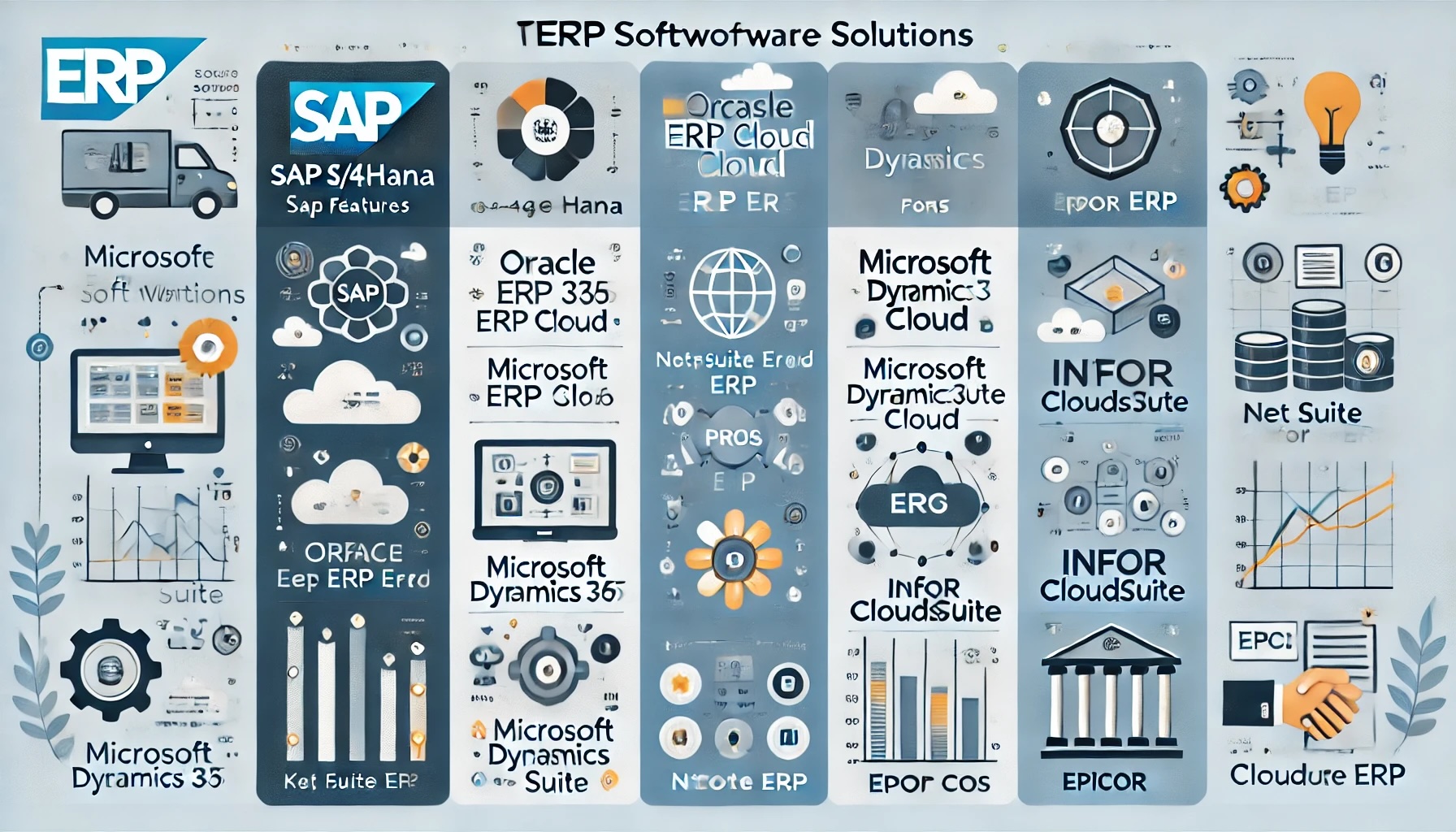
In today’s fast-paced business environment, choosing the best ERP (Enterprise Resource Planning) software can be a game-changer. ERP systems integrate various functions across an organization, from accounting and human resources to inventory and customer relationship management. The right ERP solution can streamline operations, improve efficiency, and provide valuable insights. This blog will compare some of the best ERP software available to help you make an informed decision.
What to Look for in the Best ERP Software
Before diving into the comparisons, it’s important to understand what makes an ERP system stand out. Here are key factors to consider:
- Scalability: The ERP should grow with your business.
- Customization: Ability to tailor the system to your specific needs.
- Ease of Use: User-friendly interface and navigation.
- Integration: Seamless integration with existing systems.
- Cost: Affordability and clear pricing structure.
- Support: Reliable customer service and support.
Top ERP Software Solutions
1. SAP S/4HANA
Overview: SAP S/4HANA is a market leader known for its robust functionality and scalability. It is ideal for large enterprises needing comprehensive solutions.
Key Features:
- In-Memory Computing: Uses SAP’s HANA in-memory database for real-time data processing and analytics.
- Integrated Business Processes: Covers a wide range of business functions including finance, supply chain, manufacturing, and sales.
- User Experience: Features the Fiori user interface which is highly customizable and intuitive.
- Advanced Analytics: Provides powerful analytics tools to gain insights into business operations.
Pros:
- Extensive Features: Covers all major business processes comprehensively.
- Real-Time Analytics: Enables real-time decision-making with its in-memory computing.
- Customization: Highly customizable to meet the specific needs of different industries.
- Scalability: Suitable for large enterprises with complex requirements.
Cons:
- Complex Implementation: The implementation process can be lengthy and complex.
- High Cost: The total cost of ownership can be high, making it less suitable for small businesses.
- Training Requirements: Requires significant training for staff to fully leverage its capabilities.
2. Oracle ERP Cloud
Overview: Oracle ERP Cloud is a powerful, cloud-based solution that offers a range of applications for various business functions.
Key Features:
- Cloud-Based: Accessible from anywhere, offering flexibility and scalability.
- Comprehensive Modules: Includes financials, procurement, project management, risk management, and more.
- Integration Capabilities: Seamlessly integrates with other Oracle products and third-party applications.
- Continuous Innovation: Regular updates and enhancements ensure the system stays current.
Pros:
- Integration: Excellent integration capabilities with other Oracle products and external systems.
- Regular Updates: Continuous updates and innovations keep the system up-to-date.
- Scalability: Suitable for businesses of all sizes, from SMBs to large enterprises.
- Analytics and Reporting: Strong analytics and reporting features for data-driven decision making.
Cons:
- Cost: Can be expensive for smaller businesses, especially with added modules.
- Complexity: Requires skilled personnel for optimal use and maintenance.
- Customization: Customization options can be complex and may require additional resources.
3. Microsoft Dynamics 365
Overview: Microsoft Dynamics 365 combines ERP and CRM capabilities, making it a versatile option for businesses looking for an all-in-one solution.
Key Features:
- Unified Platform: Combines ERP and CRM functionalities in one platform.
- Integration with Microsoft Products: Seamlessly integrates with Office 365, Azure, and other Microsoft services.
- Modular Approach: Allows businesses to choose and pay for only the modules they need.
- User-Friendly Interface: Intuitive and familiar interface, reducing the learning curve.
Pros:
- Integration: Seamless integration with Microsoft Office 365 and other products.
- User-Friendly: Familiar interface for users already accustomed to Microsoft products.
- Flexible Pricing: Modular approach allows for flexible pricing and scalability.
- Customization: Offers robust customization options to fit specific business needs.
Cons:
- Customization Time: Customization can be time-consuming and may require technical expertise.
- Feature Limitations: Limited out-of-the-box features compared to competitors.
- Complex Implementations: Complex implementations for larger organizations.
4. NetSuite ERP
Overview: NetSuite ERP, a cloud-based solution owned by Oracle, is tailored for small to medium-sized businesses seeking an integrated suite of applications.
Key Features:
- Cloud-Based: Fully cloud-based, offering flexibility and ease of access.
- Comprehensive Suite: Covers financials, CRM, e-commerce, inventory, and more.
- Real-Time Data: Provides real-time visibility into business performance.
- Global Reach: Supports multi-currency, multi-language, and multi-subsidiary operations.
Pros:
- Integration: Comprehensive suite covering financials, CRM, and e-commerce.
- Real-Time Access: Real-time data access and reporting enhance decision-making.
- Quick Implementation: Generally quicker implementation and updates compared to on-premises solutions.
- Scalability: Scalable to grow with your business.
Cons:
- Cost: Can become costly with added modules and features.
- Learning Curve: Some users report a steep learning curve initially.
- Customization Limits: Customization options may be limited compared to on-premises solutions.
5. Infor CloudSuite
Overview: Infor CloudSuite offers industry-specific solutions, making it a strong contender for businesses in niche markets.
Key Features:
- Industry-Specific: Tailored solutions for industries like manufacturing, healthcare, and public sector.
- Modern UI: User-friendly and modern interface.
- Advanced Analytics: Strong analytics and reporting features for deeper insights.
- Cloud-Based: Fully cloud-based, providing flexibility and scalability.
Pros:
- Tailored Solutions: Tailored to meet the specific needs of various industries.
- User Experience: Modern user interface enhances user experience.
- Analytics: Strong analytics and reporting capabilities.
- Cloud Benefits: Benefits of a cloud-based solution, including scalability and remote access.
Cons:
- Implementation: Implementation can be challenging and time-consuming.
- Integration: Limited third-party integrations compared to some competitors.
- Cost: Can be costly depending on the specific industry solution.
6. Epicor ERP
Overview: Epicor ERP is designed for manufacturing and distribution businesses, offering specialized features for these industries.
Key Features:
- Industry-Specific: Features tailored for manufacturing, distribution, and other industries.
- Scalability: Scalable solution that grows with your business.
- Customization: Highly customizable to fit specific business needs.
- Support: Strong support and training resources available.
Pros:
- Industry Focus: Specialized functionalities for manufacturing and distribution.
- Scalability: Scalable and customizable to meet business growth.
- Support: Strong support and extensive training resources.
- User-Friendly: User-friendly interface tailored to industry needs.
Cons:
- Setup Complexity: Complex initial setup process.
- Interface: Some users find the interface outdated.
- Cost: Can be costly, particularly for smaller businesses.
Conclusion
Choosing the best ERP software depends on your business’s specific needs and budget. Large enterprises might benefit from the comprehensive capabilities of SAP S/4HANA or Oracle ERP Cloud, while small to medium-sized businesses may find NetSuite ERP or Microsoft Dynamics 365 more fitting due to their flexibility and ease of use. Industry-specific solutions like Infor CloudSuite and Epicor ERP cater to niche markets with tailored functionalities.
Investing in the right ERP system can significantly boost your business’s efficiency and productivity. Carefully evaluate each option, considering the pros and cons, to find the best ERP software for your organization
To compare these ERP solutions and many more, you can use our new AI-powered Compare ERP tool. It’s free to use and you get a guaranteed discount on your first year’s licence fees with a referral from Compare ERP.


